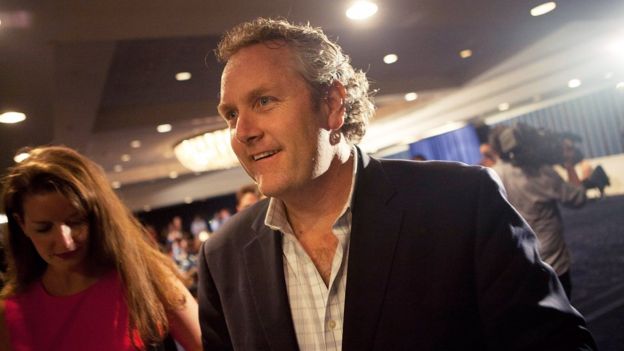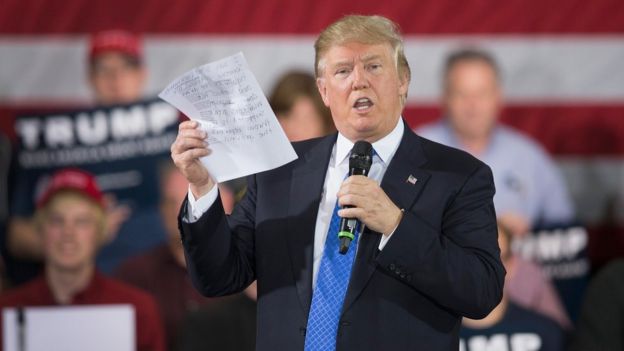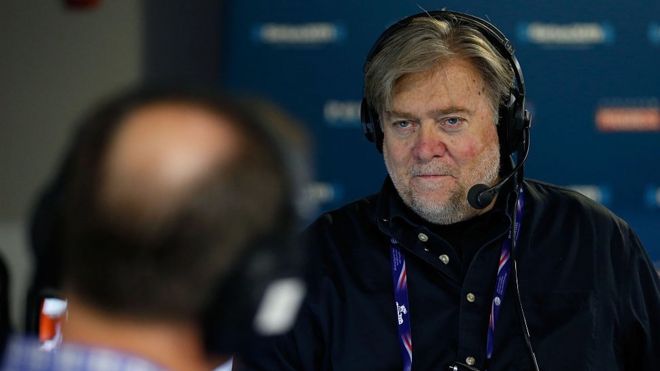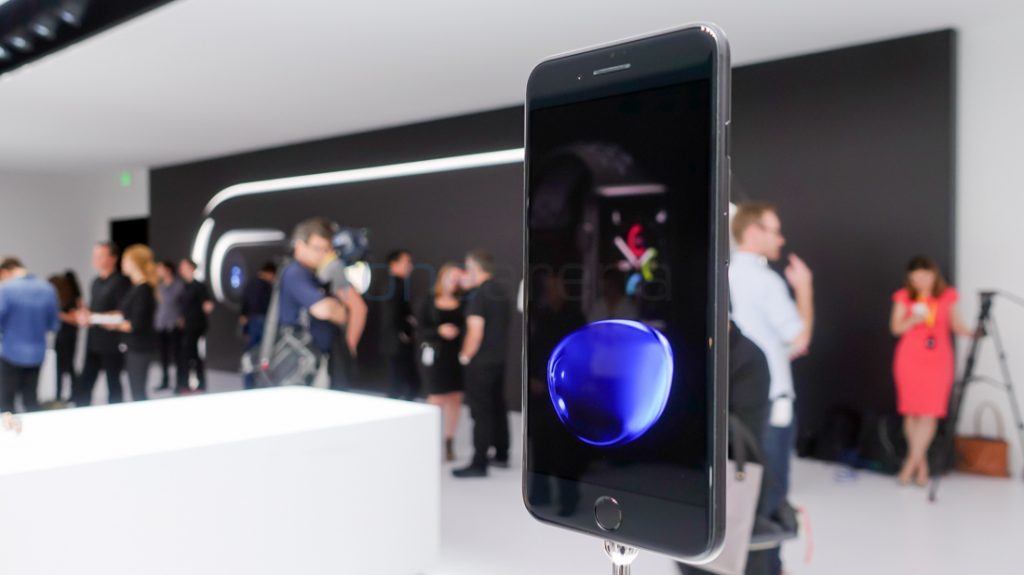Even before Donald Trump named the executive chairman of Breitbart News Network as his campaign chief, the conservative news site played an unusual role in the presidential election.
This week, Trump, the Republican nominee for president, named the head of Breitbart News Network to lead his campaign.
According to the Trump campaign, Stephen K Bannon will seek to "bolster the business-like approach of Mr Trump's campaign", which many have interpreted as a desire by the candidate to return to the pugilistic tactics that got him the nomination.
This development underscores how closely Breitbart, the most-read conservative news website in the US, has aligned itself with the billionaire real estate mogul.
So, what is Breitbart and how did it get to where it is today?

Andrew Breitbart, a staunchly conservative media entrepreneur, created Breitbart.tv in 2007, which mostly aggregated news from other outlets.
Over time, Breitbart - who worked for online news pioneers Arianna Huffington and Matt Drudge - decided to create a site that challenged and undermined the power of mainstream media, which he saw as ruled by liberal-leaning reporters, editors and publishers.
He created three websites, Big Journalism, Big Hollywood and Big Government, covering all three arenas from a combative, right-wing perspective. Breitbart mirrored his news sites' attitude with his own larger-than-life persona.
"My entire business model is to go on offense," he told Slate in 2010. "They want to portray me as crazy, unhinged, unbalanced. OK, good, fine."
Breitbart's first big break was an undercover video investigation of the Association of Community Organizations for Reform Now (Acorn), which purported to show Acorn employees giving advice on how to set up a house for prostitution. The videos were heavily edited but the fallout caused the organisation to fold.
Another video on the site cost Agriculture Department official Shirley Sherrod her job by making it appear she was making racist comments. After the unedited video, which showed her repudiating racist comments, became public her former bossesapologised and tried to hire her back.
On the other hand, the site was spot on in 2011 when it became the first news outlet to run with the story of former New York congressman Anthony Weiner's sexting scandal.

In 2012, Breitbart died suddenly of a massive heart attack, just as he was about to launch a newly consolidated news site called simply Breitbart.
Stephen Bannon - a former naval officer, investment banker, Hollywood producer, and conservative documentarian - stepped up as executive chairman.
"We are going to be the Huffington Post of the right," Bannon famously said at the time.
Under Bannon's leadership Breitbart expanded by opening London, Texas, Jerusalem and California editions, and tripling its staff.
Readership has exploded from 2.9m unique visitors in 2012 to 17m in 2016, making it the most-read conservative news website in the US.
That huge surge in traffic is in part thanks to the number of exclusive interviews it secured with Trump early on in the presidential race - in the last year their traffic spiked 124%. Trump was also a frequent guest on Bannon's conservative talk show on Sirius XM.
That hasn't come without cost. According to Buzzfeed, some of Breitbart's own staff fretted they were becoming a "fan site" for Trump. That internal discord boiled over when Trump's former campaign manager Corey Lewandowski pulled a Breitbart reporter away from the candidate so forcefully he left bruises on her arm. The reporter, Michelle Fields, wondered aloud at the time why Lewandowski would behave that way towards "a Breitbart reporter, the people who are nicest to you".
Lewandowski and the Trump campaign denied any altercation had taken place, and Breitbart published a story questioning Fields' account. Subsequently, Fields and a number of top editors resigned from the site.
One of those editors wrote a highly critical piece of both Bannon and Trump, arguing that the current iteration of Breitbart is a betrayal to its founder.
"[Bannon] has sold out Andrew's mission in order to back another bully, Donald Trump; he has shaped the company into Trump's personal Pravda," wrote former editor-at-large Ben Shapiro.
Bannon has been quick to mention that unlike other campaigns, Trump has never bought advertising on Breitbart.
Along similar lines, according to Politico, Bannon will not be paid for his gig with Trump, and will return to the helm of Breitbart on 8 November 2016.
No one will fill his shoes in the interim.
















No comments:
Post a Comment